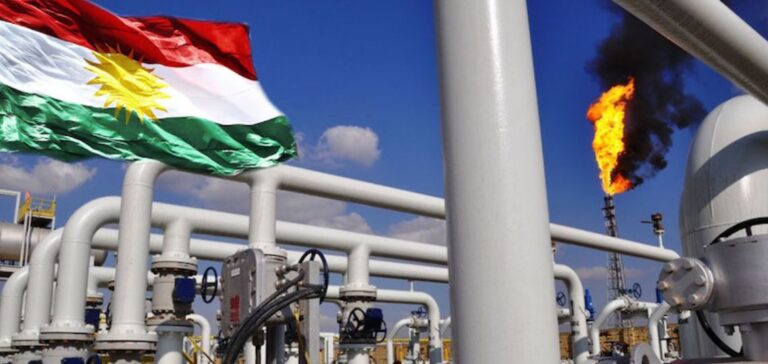After a deadly drone attack that left four people dead and eight wounded last Friday, Dana Gas declared its intention on Wednesday to gradually resume production at the Khor Mor gas complex. This decision follows a temporary suspension announced two days earlier.
Impact of the attack on the region
The attack not only caused loss of life, but also disrupted gas supplies to local power plants, resulting in a loss of 2,500 megawatts of electricity. Local authorities were heavily impacted by the incident.
Enhanced safety measures
In response to the incident, Dana Gas and its partners have implemented enhanced security measures to ensure the protection of personnel and infrastructure. The company stressed that these new measures were a key factor in the decision to resume production.
Investigation and reaction from the authorities
Iraqi security forces have launched an investigation to find those responsible for the attack, with a commitment to punish the attackers. The Iraqi government and the Kurdistan Regional Government have taken “concrete steps” to improve the site’s defenses, which has encouraged Dana Gas to resume operations.
Geopolitical context of the Khor Mor field
Located between Kirkuk and Suleimaniyeh, in a region administered by the authorities of autonomous Kurdistan, the Khor Mor field has been targeted by several attacks in previous years. However, Friday’s incident was the first to result in loss of life.
With enhanced security measures and the support of local and national authorities, Dana Gas is striving to stabilize its operations at the Khor Mor complex, which is crucial to the region’s energy supply.





















